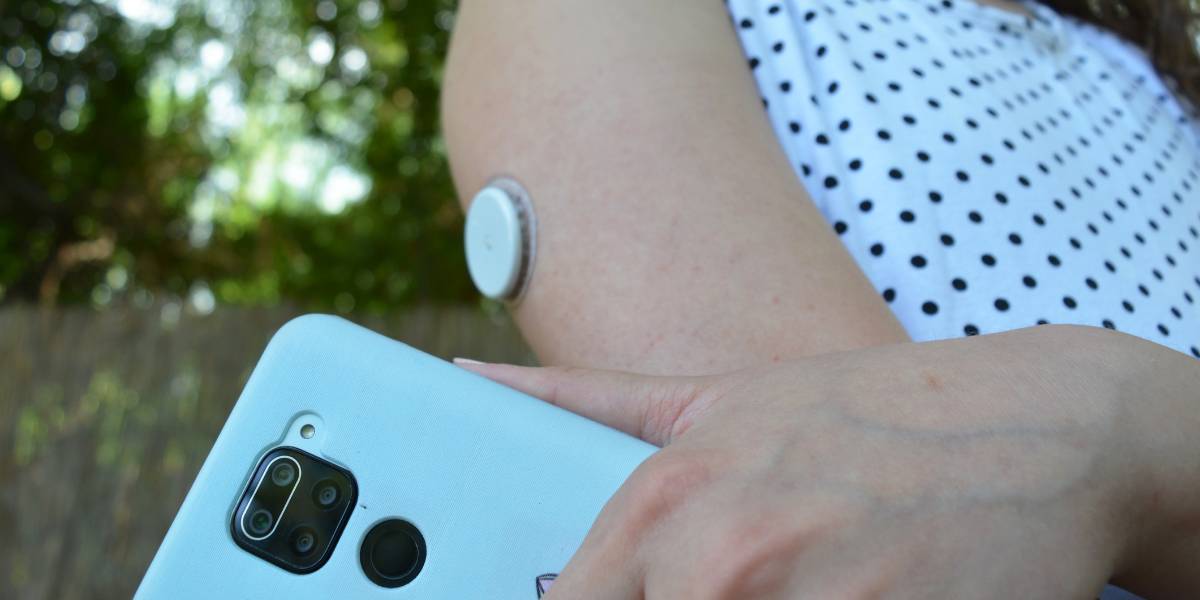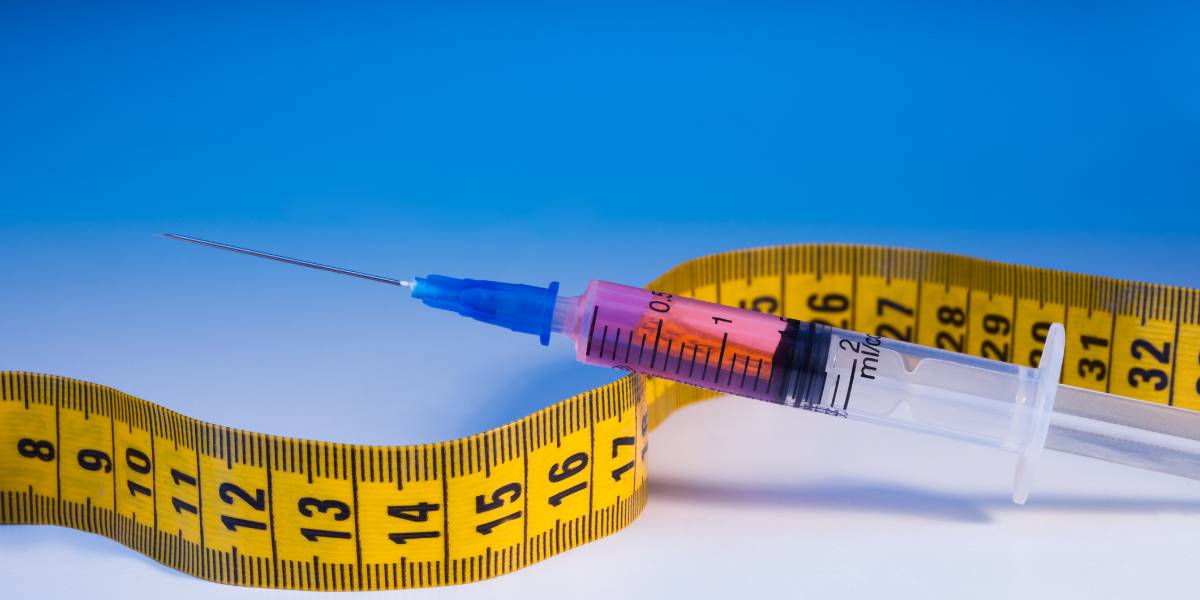Children living with type 2 diabetes can now be given a glucose monitor to manage their condition, the National Institute for Health and Care Excellence (NICE) has said.
Healthcare professionals in England, Wales and Northern Ireland now have the power to prescribe automated sensors to under 18s with type 2 diabetes – stopping them from having to carry out daily finger-prick testing.
According to the health minister Helen Whately, children with type 2 diabetes will feel more empowered to manage their condition with an automated glucose sensor.
“Type 2 diabetes is increasingly being diagnosed in children, many of whom face the constant stress of needing to monitor their blood glucose levels by finger-prick testing – often multiple times a day – just to stay healthy and avoid complications,” said Helen.
Children living with type 1 diabetes have already been advised to use an automated glucose monitor – a small device that automatically tracks blood glucose levels.
Dr Judith Richardson, Programme Director at NICE, said: “The new technology is less invasive and will enable children to live happier and healthier lives.
“Improvements made in managing a child’s diabetes at an early stage can reduce the health impact of the condition later in their lives, and the potential impact on the health service.”
Professor Partha Kar, National Specialty Adviser for Diabetes, noted: “Many children with type 2 diabetes had either a learning disability, special educational need or mental health issue.
“Asking these children to carry out finger-prick testing when non-invasive sensors are progressing to become standard care in diabetes is not right, so I am pleased these evidence-based recommendations have been made to offer this life-changing technology to them.”
Children who classify for a prescribed automated glucose monitor should contact their diabetes team.




